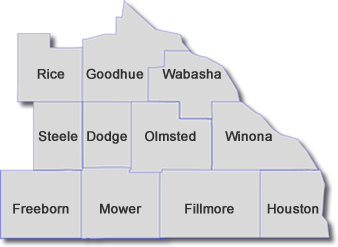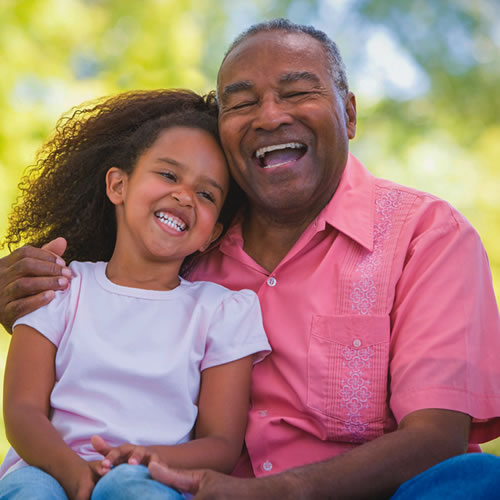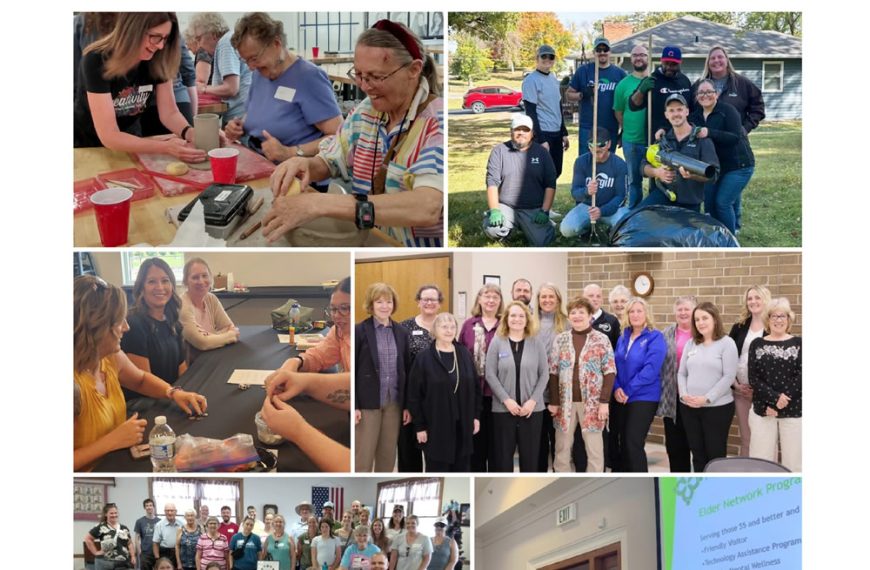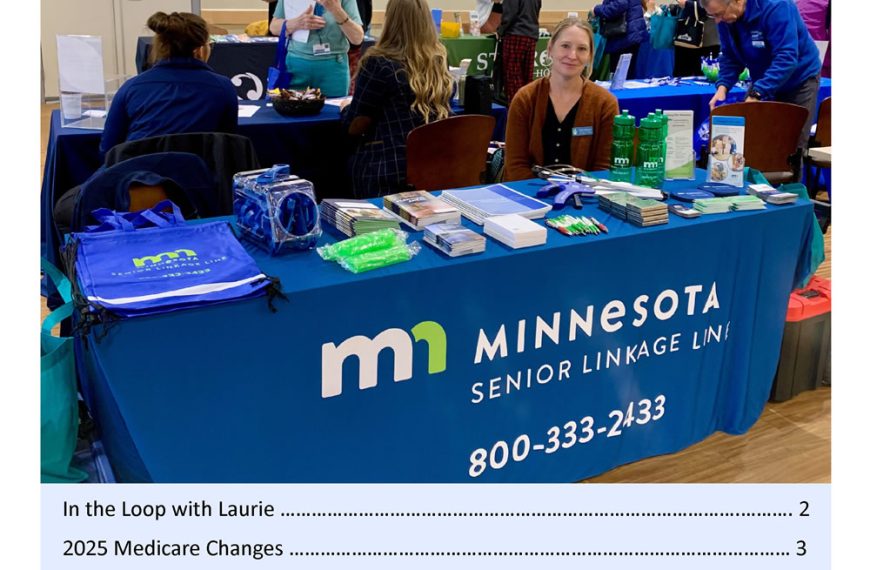
Title III Funding
The Older Americans Act (OAA) was signed into law on July 14, 1965. The original Act created the Administration on Aging and authorized grants to states for community planning, services, research, and demonstration and training projects in the field of aging.
Later amendments provided grants to area agencies on aging for local needs identification, planning and funding of services. The Act was reauthorized and amended in 2000, at which time the National Family Caregiver Support Program was established to support family, friends and neighbors caring for an older person as well as for grandparents and other older relatives caring for children.
As a state-designated AAA, SEMAAA administers OAA funds and is responsible for the development of a coordinated and comprehensive system of services for older adults and their caregivers in Dodge, Fillmore, Freeborn, Goodhue, Houston, Olmsted, Mower, Rice, Steele, Wabasha and Winona counties. To accomplish this, SEMAAA awards Title III OAA funding to agencies and organizations that provide direct services for older people (age 60+) and their caregivers.

Current Announcements
No posts

Dementia Grants
The Minnesota Board on Aging administers a competitive grant program focusing on Alzheimer’s disease and other related dementias and their impact on caregivers.
Grants should:
- Increase awareness of Alzheimer’s disease and other dementias
- Increase the rate of cognitive testing
- Promote the benefits of early diagnosis and/or
- Connect caregivers of persons with Alzheimer’s disease and other related dementias to education and resources
Grants should stimulate collaboration, coordination, and strengthen community partnerships. Grants should also promote the benefit of physician consultation for all people who have a memory or cognitive concern.
Maximum award amount of $150,000
12-month term- July 1st-June 30th
DHS-Live Well at Home Grant
Overview: DHS works with partners statewide to expand the capacity of long-term services and supports to help people age 65 and older stay in their homes and community of choice.
LWAH grants focus on programs/supports that:
- Strengthen the long-term service and support system by linking formal and informal services such as chore, homemaker, respite and transportation
- Supports caregivers and promotes independence through market-based solutions
- Healthy aging
- Homeless support services
- Capital renovation requests

Purpose: To develop and /or provide services for older Minnesotans to live in the community.
- Allow local communities to improve their capacity to develop, strengthen, integrate programs,
- Maintain home and community-based services for individuals’ age 65 and older and at risk of long-term nursing home use and/or spending down into Medical Assistance.
- Proposals may include strengthening services for the caregiver support network.
Background: In 2000 the Long-Term Care Task Force of the MN Legislature was convened to address critical long-term care issues. Based on the recommendations of this task force a number of strategies were enacted. One of the main themes was to reduce MN’s reliance on nursing homes and to increase care for older persons in the community by expanding HCBS options. The LWAH grant opportunity was created as a catalyst to reshape the Long-term services and supports system. Grant focus areas should take into consideration the findings of the most recent Gaps analysis survey, held every other year and meet some of the needs identified there.
Timeline: A Request for Proposal is released annually, usually in late winter, early spring for a 1-2 year grant award. Check the website for updates on dates.
For assistance, contact your local Eldercare Developer for TA support:
Dan Conway: dan@semaaa.org or Chris Johnson chrisj@semaaa.org



